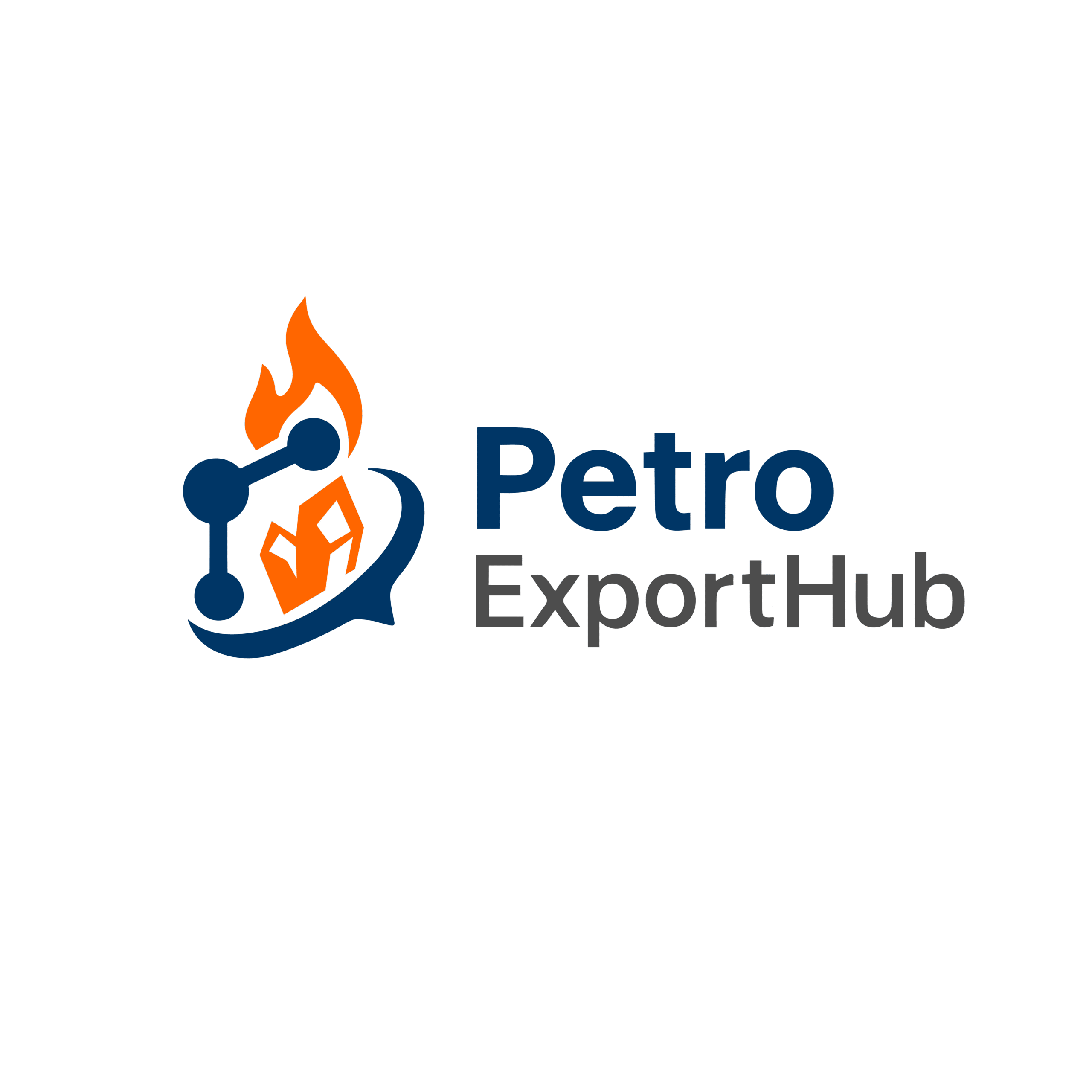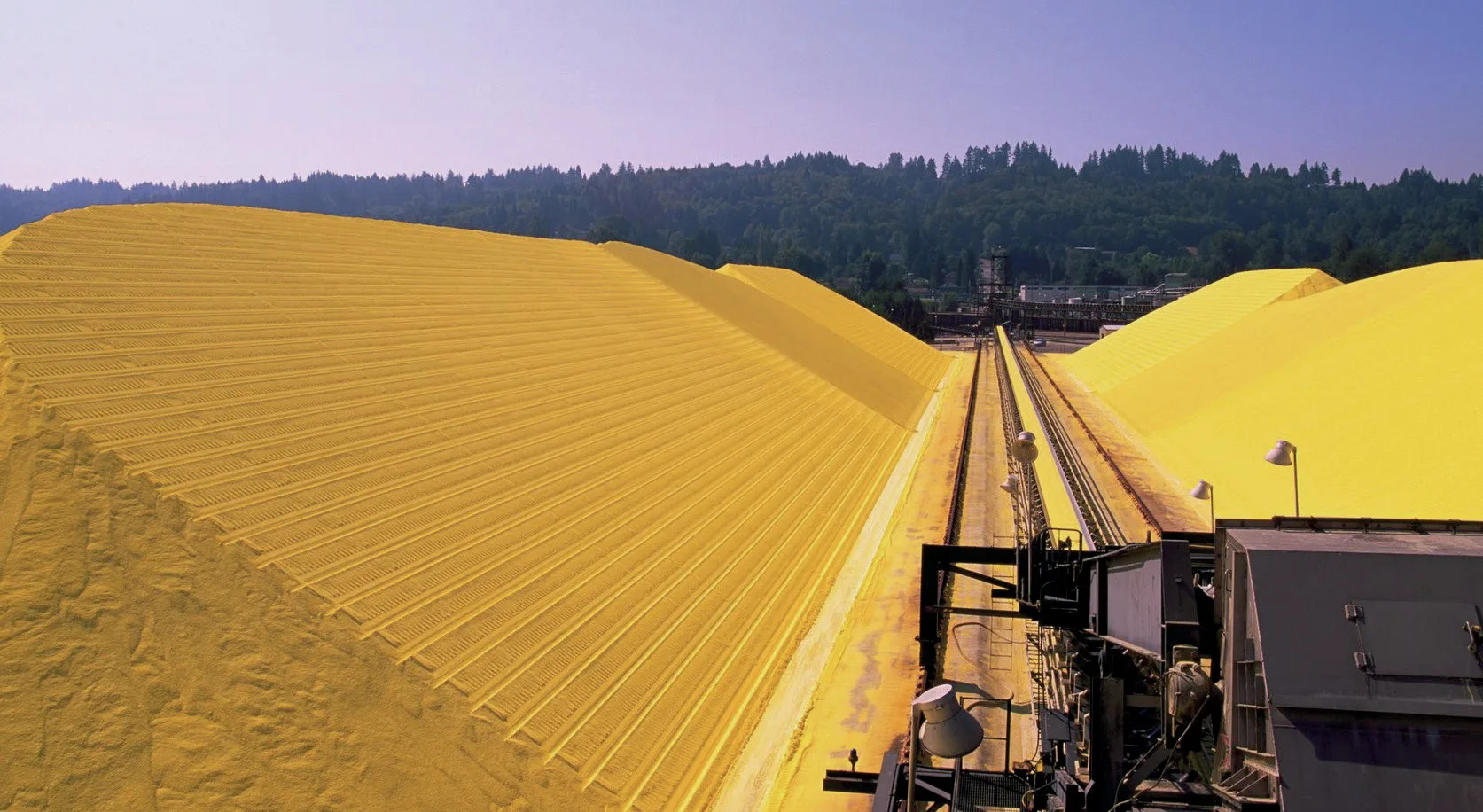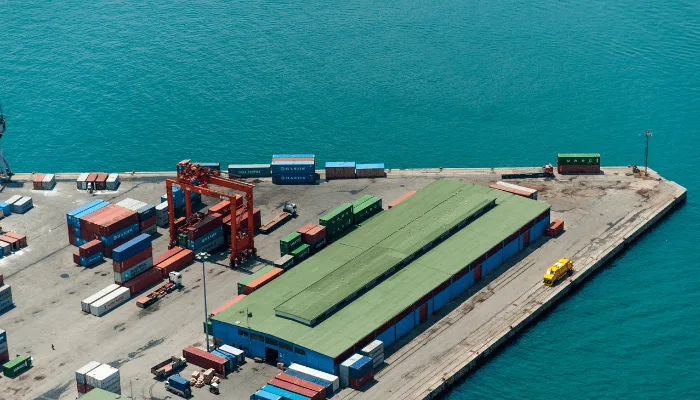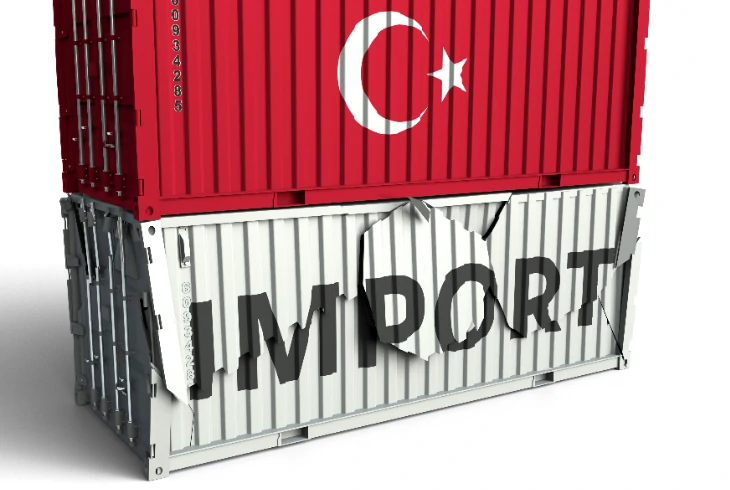
Top 5 Mistakes to Avoid When Importing Chemicals (2025 Edition)
Iran is a major global exporter of chemical and petrochemical products, supplying a wide range of goods such as solvents, acids, methanol, urea, sulphur, and specialty chemicals. Thanks to competitive pricing, abundant raw materials, and strategic logistics access to markets like Turkey, India, UAE, and CIS countries, Iranian suppliers have become highly attractive for international buyers.
However, importing chemicals across borders isn’t without risks. From documentation delays to inconsistent quality or unclear specifications, many buyers encounter costly pitfalls simply because they’re unfamiliar with how the export process works in Iran.
To help procurement officers, importers, and chemical distributors avoid expensive errors, we’ve compiled the top 5 mistakes to watch out for when importing chemicals from Iran in 2025 — along with actionable advice to mitigate them.
Not Verifying the Supplier’s Legitimacy
One of the most common — and potentially damaging — mistakes is working with unverified or unreliable exporters.
Iran’s chemical industry includes both large, reputable manufacturers and smaller, informal brokers. While many are legitimate, some may exaggerate capabilities or fail to meet international standards.
Warning signs include:
No company website or verifiable business address
Incomplete technical documents (like MSDS, COA)
Unusually low pricing with vague terms
How to avoid:
Work with exporters listed on trusted platforms like PetroExportHub.com
Request and verify documents like company registration, export license, past shipping documents, etc.
Ask for customer references or visit their facility if possible
Ignoring HS Codes and Import Regulations in Your Country
Each chemical product has a specific Harmonized System (HS) code which determines how it is classified by customs — and how it is taxed, inspected, and regulated.
Many importers fail to match Iran’s export HS code with their own country’s import classification, leading to delays, penalties, or cargo rejections.
How to avoid:
Confirm the exact HS code of the product from the Iranian supplier
Check your own country’s import duties, restrictions, and licensing requirements for that HS code
Engage with a freight forwarder or customs broker familiar with Middle East–to–destination trade
Overlooking Technical Specifications & Quality Tolerances
Not all chemicals are created equal — especially when exported from various factories across Iran.
Even within the same product (e.g., Solvent 402 or Methanol), there can be wide variations in purity levels, packaging types, or permitted tolerances. If you fail to specify exact technical expectations, you might receive a grade that doesn’t meet your application or market needs.
How to avoid:
Always request and review the latest Technical Data Sheet (TDS), COA, and sample analysis
Specify critical parameters like purity %, water content, packaging type (IBC, drums, bulk), etc.
Include product specs in the proforma invoice or contract
Poor Planning Around Shipping, Lead Times & Packaging
Chemical logistics can be more complex than general cargo — especially for liquid or hazardous materials.
Some common mistakes include:
Underestimating lead times for factory production
Choosing packaging that doesn’t comply with destination standards
Assuming shipping routes are always available
How to avoid:
Ask for realistic delivery schedules and buffer time for export documentation
Confirm packaging type (e.g., flexitanks, IBC tanks, barrels) is approved for your market
Choose shipping lines or land routes with proven experience in chemical transport
Not Securing a Clear Payment & Dispute Resolution Method
Payment issues are one of the biggest friction points in international trade. Importers who don’t clearly define their payment terms — or work without contracts — risk financial loss.
Some cases involve:
Deposits sent without contracts
Confusion between CIF vs FOB payment terms
No plan for resolving disputes
How to avoid:
Use secure payment methods (LCs, bank transfers to registered business accounts)
Insist on a signed proforma invoice or sales contract
Define Incoterms, delivery points, and penalties for delay or product mismatch
Plan Smart, Buy Smart
Importing chemicals from Iran can be highly profitable — if done correctly. By avoiding these 5 common mistakes, international buyers can save time, reduce risk, and ensure long-term success.
Working with verified exporters like those listed on PetroExportHub.com can provide added peace of mind, thanks to quality assurance, transparent communication, and experience in global trade.
Looking for Chemicals from Iran?
- Contact PetroExportHub now to get updated prices, technical specs, and delivery options for your destination.
- Email us or fill out our contact form today.

Related posts
Mono Ethylene Glycol (MEG) serves as a cornerstone for modern antifreeze and coolant formulations, offering reliable freezing protection and heat resi . . .
Explore Solvent 100’s specs, uses, and export opportunities from Iran. Ideal for paint, ink, and adhesive buyers in India, Turkey, UAE, and Africa. . . .
Explore everything you need to know about exporting sulphur from Iran in 2024 — including types, packaging, documents, ports, prices, and top import . . .
Explore Iran’s top ports for petrochemical exports, including Bandar Imam Khomeini, Assaluyeh, and Bandar Abbas. Compare infrastructure, accessibili . . .
Learn the key differences between polypropylene (PP) and polyethylene (PE), their applications, advantages, and how to choose the right polymer for yo . . .
Discover how a Turkish plastics manufacturer reduced costs by 22% through importing HDPE from Iran. Real-world case study by PetroExportHub. . . .
Learn why Iran is a leading exporter of polyethylene (PE). Discover grades, global applications, and how PetroExportHub connects buyers with top suppl . . .
We are here to answer your questions....
Petro Export Hub
PetroExportHub specializes in the export of premium-grade petrochemicals, minerals, and industrial chemicals from Iran, serving international markets with reliability, transparency, and tailored logistics solutions
Tehran Office
Phone:
+989127607241
Address:
Tehran..
German Office
TEL :
+4915161647487
Address:
Heilsbronne 99441, Nuremberg
Quick Access
Quick Access
- Contact Our Sales Team
- Frequently Questions
- Shipping & Logistics
- Become a Partner
- Certificatins & Quality






